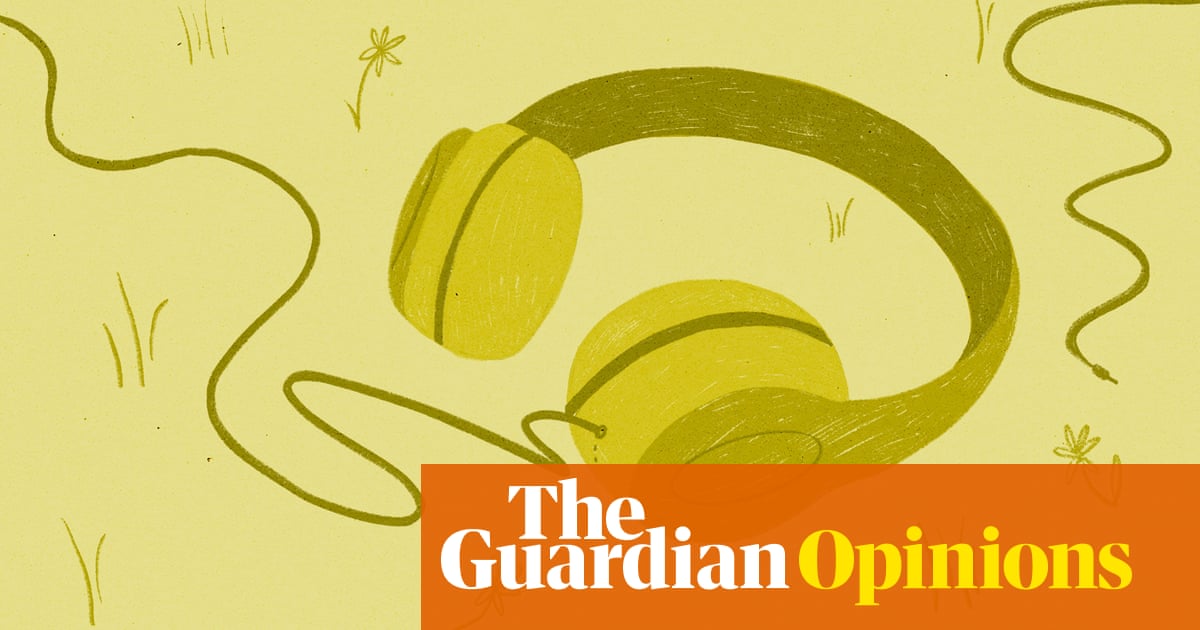Ilove music. I think there’s nothing better than immersing myself in a really powerful song. But I don’t expect the rest of the general public wants to listen to whatever my earworm of the day is. That is why God invented headphones.
For some reason, though, I assume a subset of the population weren’t informed of this miracle invention. These are the people who insist on playing music aloud through their phones – or worse, through a handheld speaker – in public places.
I will admit that I experiencethe occasional touch of misophonia. But there’s nothing more guaranteed to set off the Hyde to my Dr Jekyll thannonconsensual amplified audio.
Why do people do this? Is it just rudeness? I’d blame the fact that iPhones no longer come with supplied headphones except that there has always been someone, proverbial or literal boombox on shoulder, who thinks the rest of the world desperately needs their specific favourite banger, right now.
Of course, it’s not just music. An increasingly common culprit is the doomscroller who seems oblivious to the fact that everyone else on that peak-hour train can hear the first three seconds of every TikTok they swipe past, too. It’s as tedious and rage-inducing as watching someone else channel-surf.
So let me make this clear: we don’t want to hear it. Not on the train. Not in the street. Not in the office. Not in the park. And it should go without saying (but clearly it doesn’t): absolutely not at the beach or in the forest. Do you have no sense of shame? These are spaces for contemplation and quiet retreat, not Nickelback.
I’m willing to accept, though I don’t pretend to understand, that for some people the noise in their head is so unbearable it must be drowned out by Mambo No 5. I just don’t think it should be inflicted on the rest of us.
There’s a reason nonconsensual music is considereda form of hostile architecture. Are you trying to torture people? No? Then put your headphones on.
